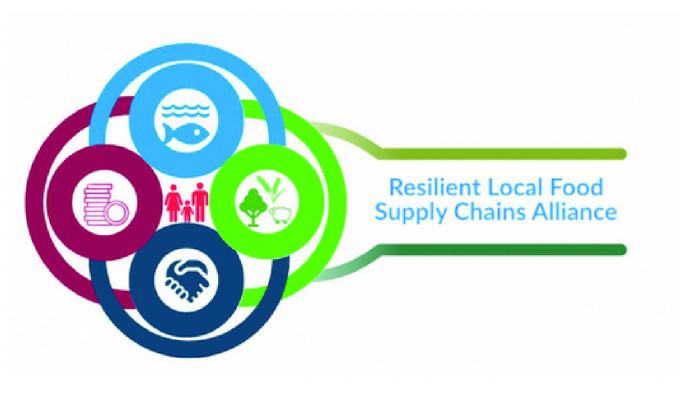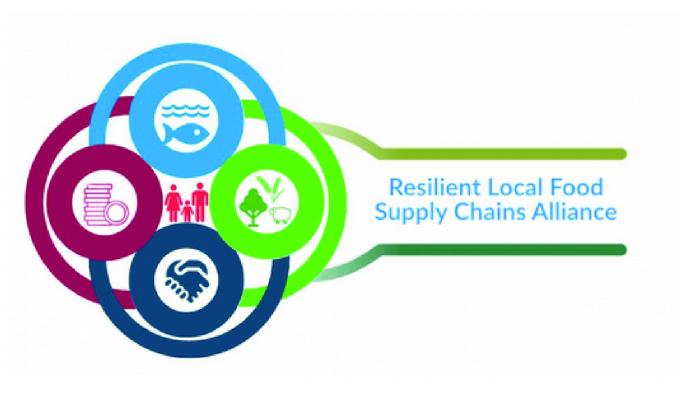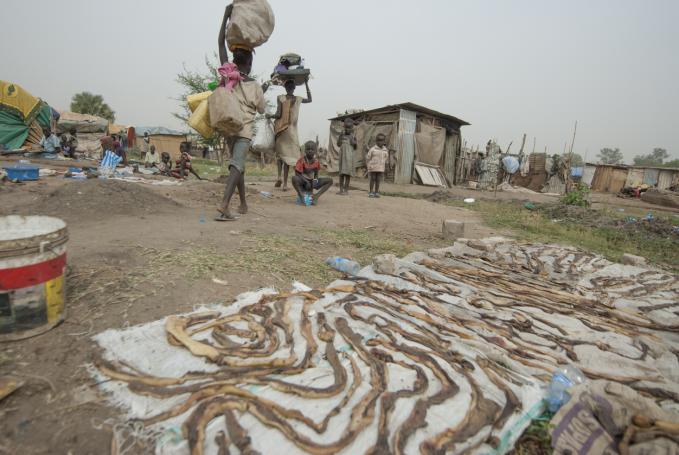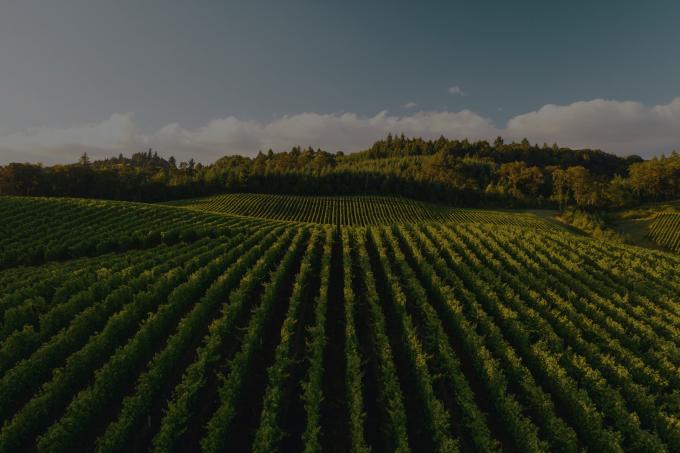PUBLICATIONS
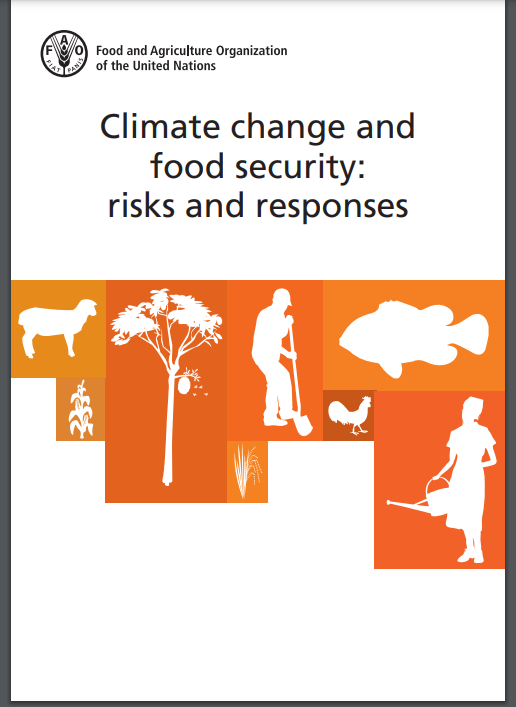
Report
Climate change and food security: risks and responses
Year:
2015
Author:
FAO UN
You must be registered to see all the content
This report serves three purposes. First, to raise awareness that climate change is already impacting the food security and nutrition of the most vulnerable, and that if action is not very quickly taken, climate change will increasingly threaten the achievement of the goal to eradicate hunger. This is one more reason for governments to take ambition action to tackle climate change in all sectors. Second, to describe precisely the pathways by which climate change finally impacts the food security of people, and to show the range of actions needed. Understanding these pathways and the potential responses, not only technical, but also from social protection to strengthened international cooperation, is indispensable. It grounds FAO’s action to eradicate hunger and malnutrition. Third, it also aims to fuel the ongoing discussions on how to operationalize adaptation to climate change, and to show that food security and nutrition, as well as the agriculture sectors that support it, should be a priority area of intervention. As such, it also aims to answer the adaptation needs and demands conveyed by many countries in their Intended Nationally Determined Contributions for COP21. This report brings together evidence from the IPCC, updated by the latest scientific findings and enriched by FAO’s knowledge and experiences on the ground. It provides an overview of the cascading impacts of climate change on food security and nutrition, from physical impacts on agro-ecosystems to livelihoods and food security. It describes how the cascade of impacts acts on a series of vulnerabilities. It presents ways to adapt and build resilience to climate change to ensure food security and nutrition. It shows the importance to act now on climate change: to eliminate hunger; to enable the agriculture sectors to adapt to climate change. It also recalls the urgency to mitigate climate change in order to keep it at levels where it is still possible to ensure and safeguard everyone’s food security and nutrition.
Secondary Author:







